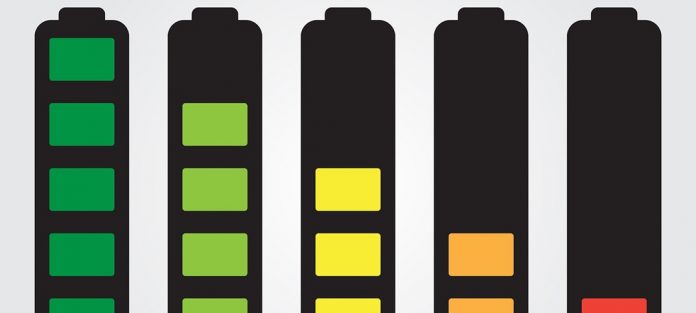The plenary of the European Parliament voted yesterday on the new Regulation concerning batteries and waste batteries. This vote, based on ENVI Committee report, pursues more ambitious goals in line with the European Green Deal.
FEAD very much welcomes the confirmation by the EP for crucial market signals given by mandatory recycled content, as initially proposed by EC, on lithium, cobalt, nickel and lead. These market signals are decisive for creating a strong demand for recyclates and for triggering massive investments needed for new recycling technologies and infrastructure.
Recyclate users in the manufacturing sector will consequently benefit from secure, long term supply capacities, preventing possible scarcity situations due Europe’s dependency on third countries for raw materials. By diversifying supply from both primary and secondary sources, improving resource efficiency, mandatory recycled contents have become essential for a circular economy. [1]
Another positive point in the EP’s vote is the increased collection targets in comparison to the initial proposal. This is important so that sufficient tonnages of recyclates are available to supply mandatory recycled contents.
The European Parliament also asks that the methodology for the calculation and verification of the volume of recovered materials from waste be finalised by the end of 2023, instead of end of 2025. FEAD welcomes this shortened deadline, as this methodology will be the initial step to start planning and calculating the number of investments needed in recycling facilities.
Last, but not least, the European Parliament asks for significantly increased material recovery targets. As explained in our previous press release, such targets are not realistically achievable as technologies are not available for such performances.
The Council of Ministers are due to adopt its general orientations on the 17th of March 2022 and will converge with the European Parliament on some key points such as mandatory recycled contents, and no provisions in relation to the levels of material recovery.
Even though Member States show less ambition for collection, our sector expects the negotiations to start soon between Member States and the European Parliament and that the outcome will combine the best options from both sides.
Source: FEAD






